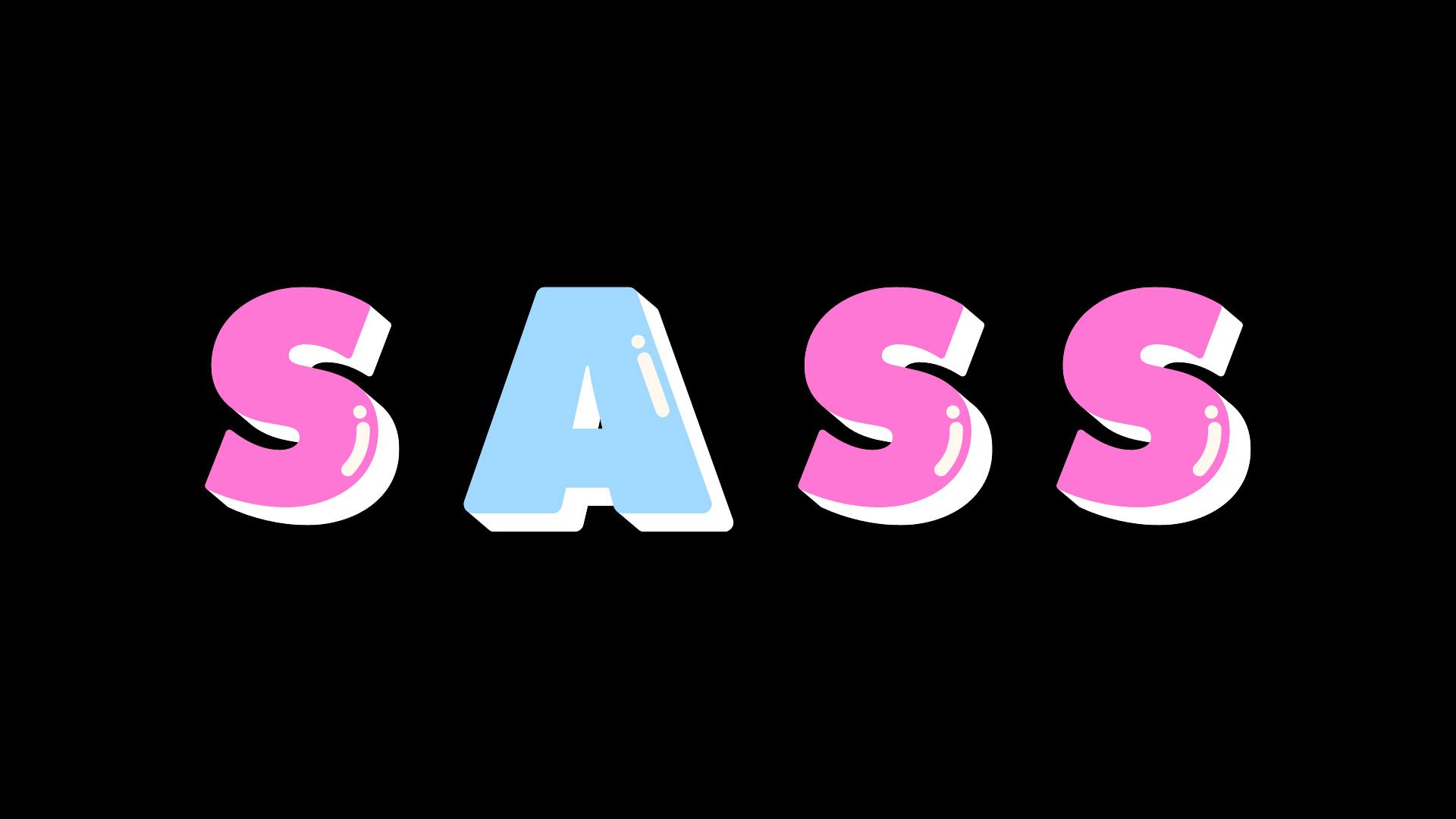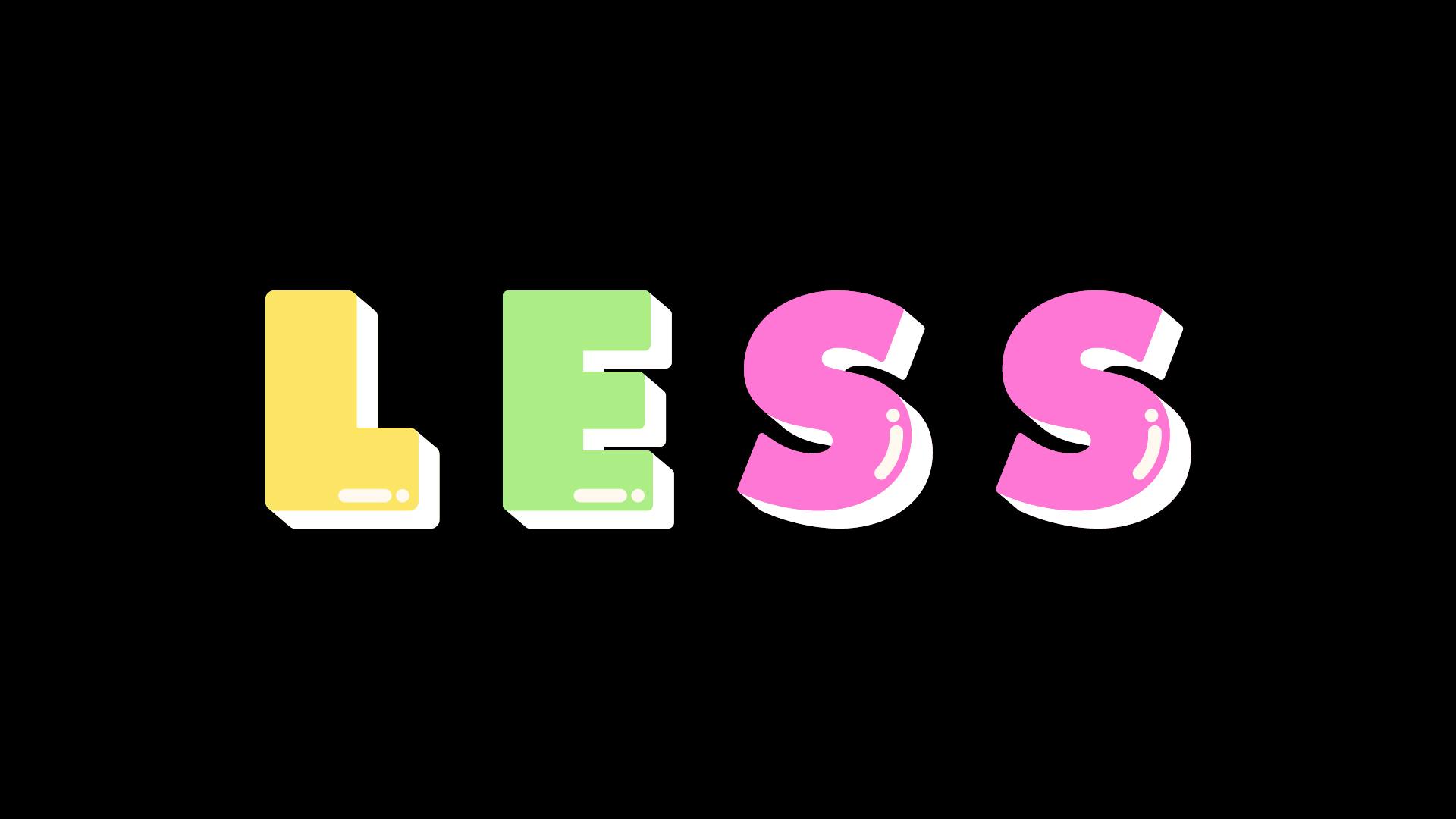CSS Preprocessors 101: Choosing Between SASS, LESS, and Stylus 🎯
Discover Which CSS Preprocessor Can Help You Code Faster and More Efficiently for Your Web Design Projects
Table of contents
Cascading Style Sheets (CSS) are the foundation of web design, and they play an essential role in creating visually appealing and interactive web pages. However, writing CSS code can be a tedious and time-consuming process, especially when dealing with large-scale projects. This is where CSS preprocessors come in, offering a powerful set of tools and features to streamline the development process.
In this article, we will take a closer look at three of the most popular CSS preprocessors: SASS, LESS, and Stylus. We will compare their key features and benefits, to help you decide which one is best suited for your web development needs.
SASS

SASS is a CSS preprocessor that is widely used in the web development community. It stands for Syntactically Awesome Style Sheets and is based on the Ruby programming language. SASS offers a variety of powerful features, including variables, mixins, nesting, and inheritance.
One of the key benefits of SASS is its ability to improve the organization and maintainability of your code. By using variables, you can define values that are used repeatedly throughout your CSS, making it easy to update them in one place. Mixins allow you to define a set of styles that can be reused throughout your codebase, helping to reduce redundancy and improve efficiency.
SASS also offers a feature called nesting, which allows you to nest CSS selectors inside one another. This makes it easy to write clean, concise, and well-organized code. Additionally, SASS supports inheritance, which allows you to extend the styles of one selector to another, further reducing redundancy and improving maintainability.
LESS

LESS is another popular CSS preprocessor that is based on JavaScript. It offers many of the same features as SASS, including variables, mixins, nesting, and inheritance. However, there are a few key differences between the two.
One of the main advantages of LESS is its simplicity. LESS has a simpler syntax than SASS, making it easier to learn and use. Additionally, LESS is faster than SASS in terms of compiling and rendering times.
Another benefit of LESS is its ability to work seamlessly with JavaScript. Since LESS is based on JavaScript, it can easily integrate with other JavaScript tools and frameworks. This can be particularly useful for web developers who are already familiar with JavaScript and want to use a preprocessor that works well with their existing workflow.
Stylus

Stylus is a CSS preprocessor that is based on Node.js. It is known for its flexibility and powerful features, including variables, mixins, nesting, and inheritance. However, Stylus offers a few unique features that set it apart from other preprocessors.
One of the main benefits of Stylus is its ability to write code in a more natural and intuitive way. Stylus uses a minimalist syntax that allows you to write code without using curly braces, semicolons, or colons. This can make your code more readable and easier to maintain.
Stylus also offers a feature called "transparent mixins," which allows you to pass arguments to a mixin without affecting the underlying styles. This can be particularly useful for creating flexible and reusable code.
Which one should you choose? 🤔
In conclusion, SASS, LESS, and Stylus are all powerful CSS preprocessors that offer a variety of useful features for web developers. Ultimately, the best preprocessor for your project will depend on your specific needs and preferences.
SASS is a great choice for web developers who value organization and maintainability, as well as those who prefer a preprocessor that is based on Ruby.
LESS is a good choice for web developers who value simplicity and want a preprocessor that is easy to learn and use.
Stylus is a good choice for web developers who value flexibility and prefer a minimalist syntax. If you want to write code in a more natural and intuitive way, Stylus can be a great choice.